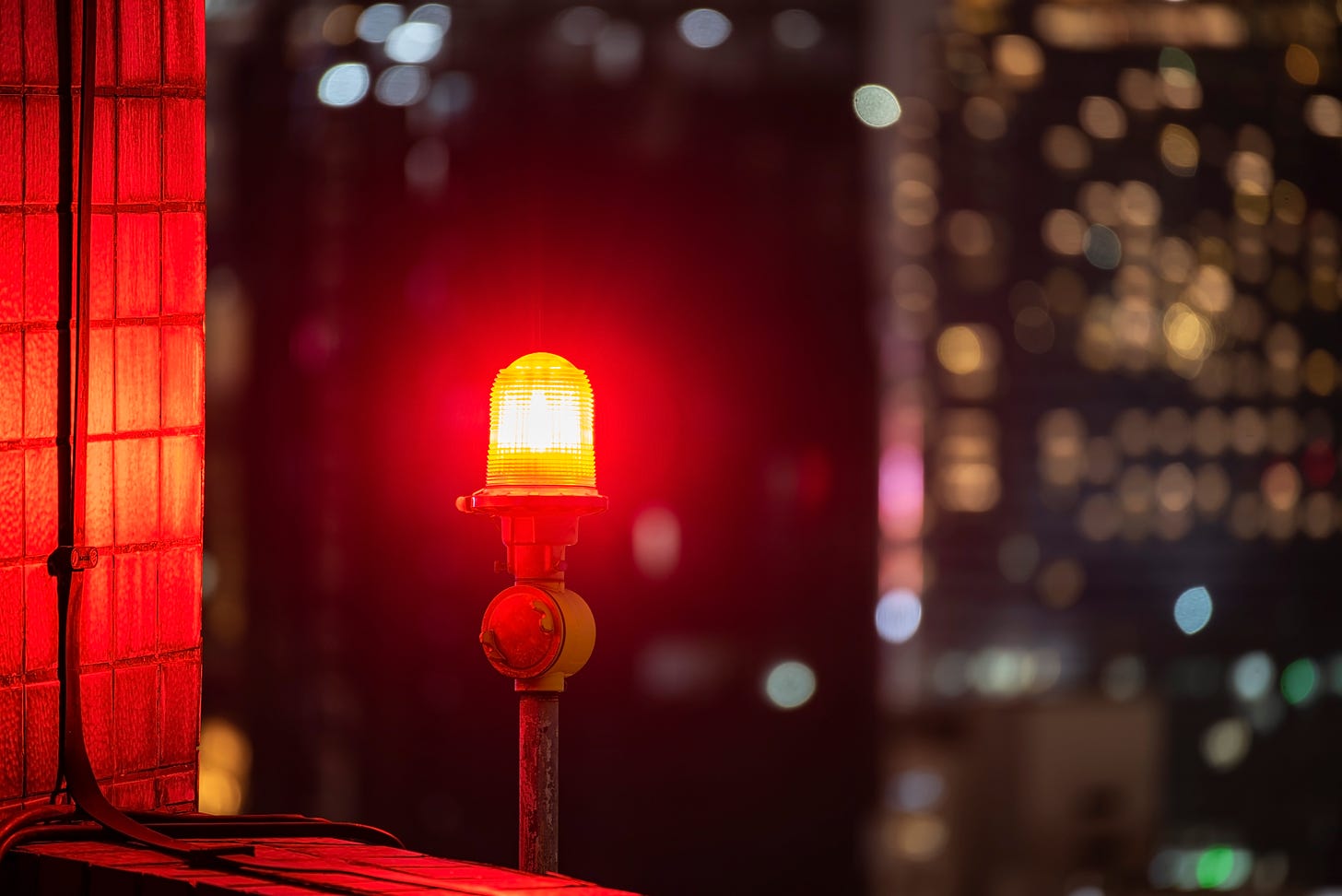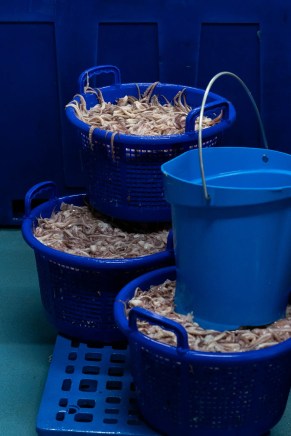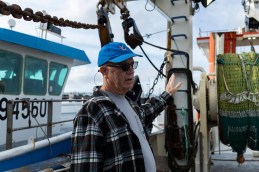 Another reason to subscribe to Bill McKibben’s newsletter:
Another reason to subscribe to Bill McKibben’s newsletter:
How Not to Act in an Emergency
Forget AI–we need some human intelligence
We’re getting right to the nub now.
Yesterday the World Meteorological Organization officially certified 2023 as the hottest year in human history. Just to put on the record here what should have been the lead story in every journal and website on our home planet:
Andrea Celeste Saulo, secretary general of the WMO, said the organisation was now “sounding the red alert to the world”.
The report found temperatures near the surface of the earth were 1.45C higher last year than they were in the late 1800s, when people began to destroy nature at an industrial scale and burn large amounts of coal, oil and gas.
Last year’s spike was so scary that NASA’s Gavin Schmidt—Jim Hansen’s heir as keeper of NASA’s climate record—wrote in Nature this week that it raised the most profound possible implications. Please read his words slowly and carefully: Continue reading



























